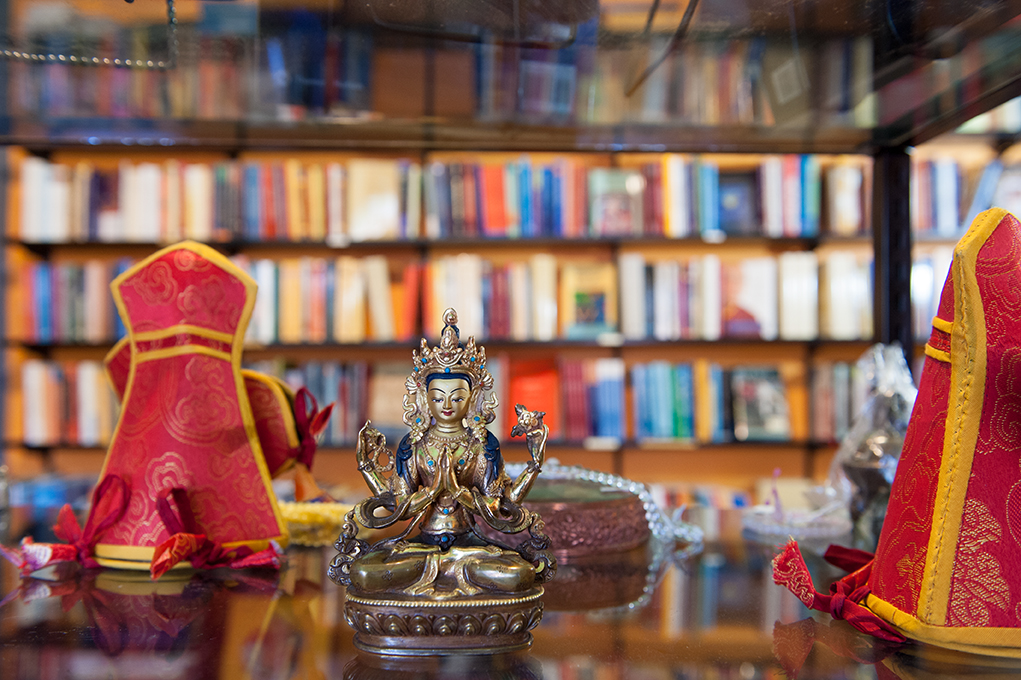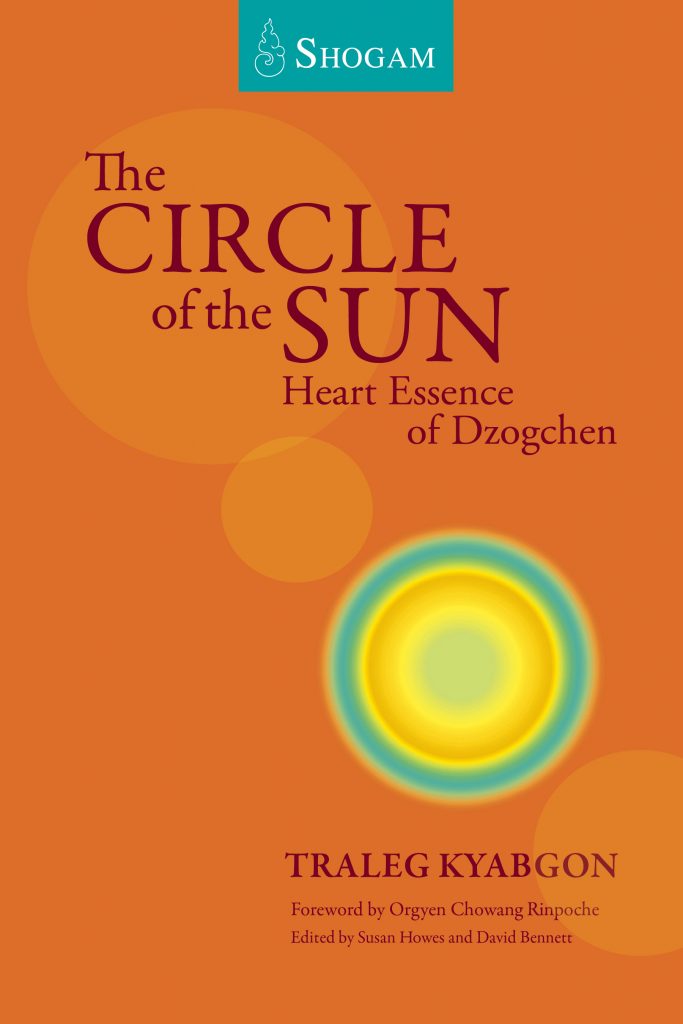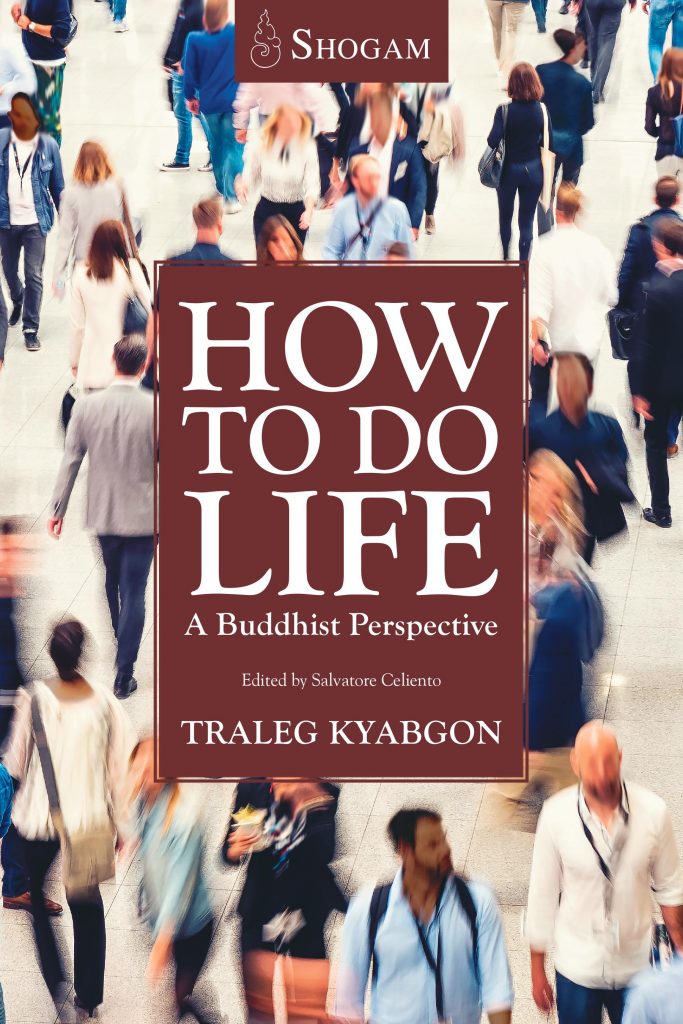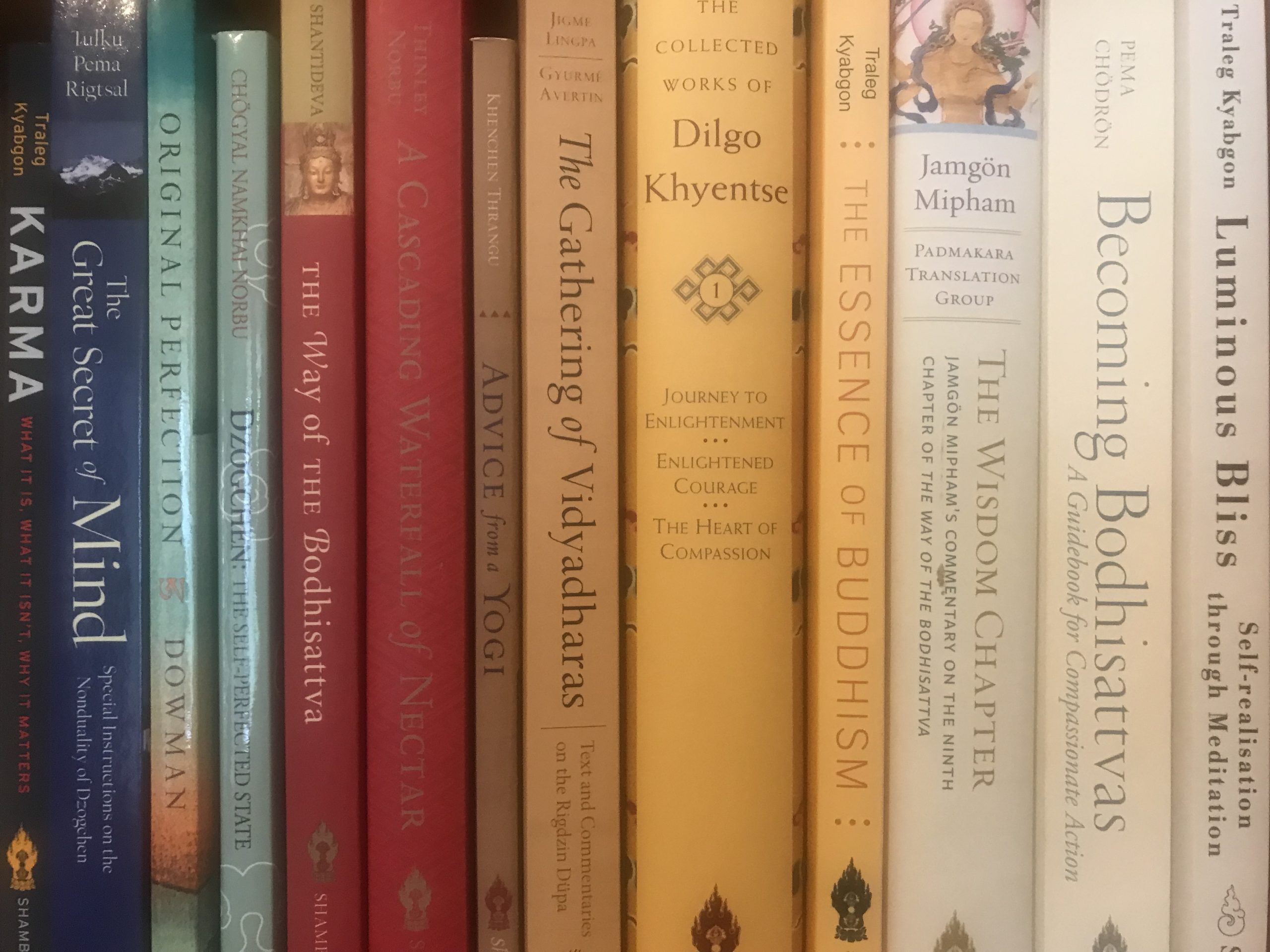

Akshara Bookstore offers a comprehensive range of Buddhist and comparative titles including books and magazines on subjects such as introduction to meditation, tantra, philosophy, psychology, history, art, culture, death and dying.
To cater for the needs of Buddhist practitioners, Akshara Bookshop also stocks a range of practice items including zafus, malas, statues, dorje and bell sets, prints, incense and thankas of deities
To make an order or for any other enquiries, contact or (03) 9387 0422.
New Release from Shogam Publications
Longchenpa’s Three Cycles of Natural Freedom: Oral
translation and commentary.
Longchenpa’s Three Cycles of Natural Freedom: Oral translation and commentary is a seminal
Dzogchen text that is divided into three cycles: Mind, Ultimate Reality and Equality. The ninth
Traleg Kyabgon Rinpoche (1959–2012) of the Kagyu Nyingma tradition, one of the great
meditation master and scholars to come out of the Tibetan diaspora, has provided a detailed oral
commentary and spontaneous translation of Longchenpa’s text to help reveal the essential meaning
of these profound teachings. A glimpse at each cycle – in the Mind Cycle, Longchenpa is in part
concerned with our ability to comprehend and experience the freedom within the authentic state; in
the Ultimate Reality Cycle, all dualistic notions are challenged as the nature of self and phenomena
are revealed as the same; in the Equality Cycle, our aboriginal state is described as that which
transcends conditioned existence. Within each cycle, Lonchenpa also gives concise guidelines on
approaching one’s practice within a retreat situation. Traleg Kyabgon Rinpoche’s renowned fluency
with the English language, coupled with his own profound levels of realization, makes this
translation an exciting opportunity for these transformative teachings to not only be known, but also experienced in these modern times.
CONTENT
Each section of the book includes commentary by Traleg Kyabgon Rinpoche
Part One – Root Text—Semnyi Rangdrol—Natural Freedom of the Mind.
Chapter One: Freedom through understanding the authentic state.
Chapter Two: Realizing freedom on the path.
Chapter Three: Spontaneous Fruition
Chapter Four: Retreat Instructions—Pith Instructions for the Paths and Stages
Part Two – Root Text—Chonyi Rangdrol—Natural Freedom of Ultimate Reality
Chapter Five: The natural freedom of our authentic state is realized through intrinsic awareness.
Chapter Six: Retreat Instructions—The pointing out instructions of definitive meaning on self-
liberation into ultimate reality
Chapter Seven: Birth, death, and the intermediate state
Part Three – Root text—Nyamnyi Rangdrol—Natural Freedom of Equality
Chapter Eight: Our natural state is spontaneously established
Chapter Nine: Resting In The Natural State
Chapter Ten: Spontaneous fruits of enlightenment
Chapter Eleven: Retreat Instructions: The pith instructions on natural freedom of equality
Chapter Twelve: Practice at the time of death
Part 4 – Supplement
The Precious Boat of Bodhicitta, the Creator of All Things
Chapter Thirteen: Root Text—Interpretive and Definitive Teachings
Chapter Fourteen. Retreat Instructions—Preliminary Practice

The Circle Of The Sun, Heart Essence Of Dzogchen
by Traleg Kyabgon
Text by the 17th century Nyingma and Kagyu master Tsele Natsok Rangdrol.
Out Now!
“It is the best summary of Dzogchen teachings that I have ever seen.”
Traleg Kyabgon Rinpoche IX
In The Circle of the Sun, Rinpoche asks: What is the starting point on the spiritual journey? It is possible that it is seeing oneself as inadequate. It is heartening that the Dzogchen and Mahamudra approach says that what one wants to attain is already present. There is no gap between what one is and what one wants to attain.
In Dzogchen, the starting point, which is also the end point of the spiritual journey is having an understanding of the nature of mind. Tsele Natsok Rangdrol’s exposition of the Dzogchen path elucidates that the path rests on the practices of trekchö, which means “cutting through,” and thögal, which means “leaping over.” Trekchö practice entails settling the mind in its own natural state without effort and without the rejection of thoughts and emotions. Thögal practice makes use of images and visions to realize the innate wakefulness.
Rinpoche explains there are many perspectives designed to help us uncover our authentic state, the ground-of-being, as it is often referred to in the Dzogchen tradition. A single perspective can never provide an all-encompassing view of the ground-of -being, because it is something that cannot be understood from any one perspective, in completeness.
Descriptions of aspects of the ground-of-being are divisible on the conceptual level. But in reality the many characteristics do not exist independently. Presenting the different aspects or perspectives of the ground-of-being points us to a place of authenticity that cannot be experienced or fully explained intellectually.
The ground-of-being is seen as primordially pure, free from any kinds of corruptions and embellishments. Rinpoche explains the samsaric process by which we disenfranchise from our authentic state, and describes uncovering this authenticity through accommodating all our complexities – aversions, bewilderments, attractions and so forth, equally. In our meditation practice, with a sense of sacred spaciousness, instead of elaborating upon our inner experiences, following or fuelling our habitual responsiveness and predetermined prejudices, we accommodate what arises in the mind allowing disturbances, embellishments and elaborations in the mind to self liberate.

Shogam Publications
How To Do Life
A Buddhist Perspective
by Traleg Kyabgon
Available Now
Foreward by Ringu Tulku Rinpoche:
During Traleg Kyabgon Rinpoche’s life, he taught extensively, not only providing translation and commentary of Tibetan Buddhist texts, but also direct and spontaneous teachings that were very practical, and gave down-to-earth advice on how to do life better. Rinpoche gave advice on how we can review and manage our relationship with ourselves, others, and the world in such a way that can enhance our experience of life generally, and how we can more heroically face the many challenges life presents. How To Do Life is a collection of teachings given by the Traleg Rinpoche on topics such as love and relationships, understanding emotions, and working with depression and destructive emotions. Rinpoche provides a fresh approach to reviewing our experience, and explains the Buddhist perspective on building awareness and reducing suffering. It provides insights that can help us all Do Life better.


